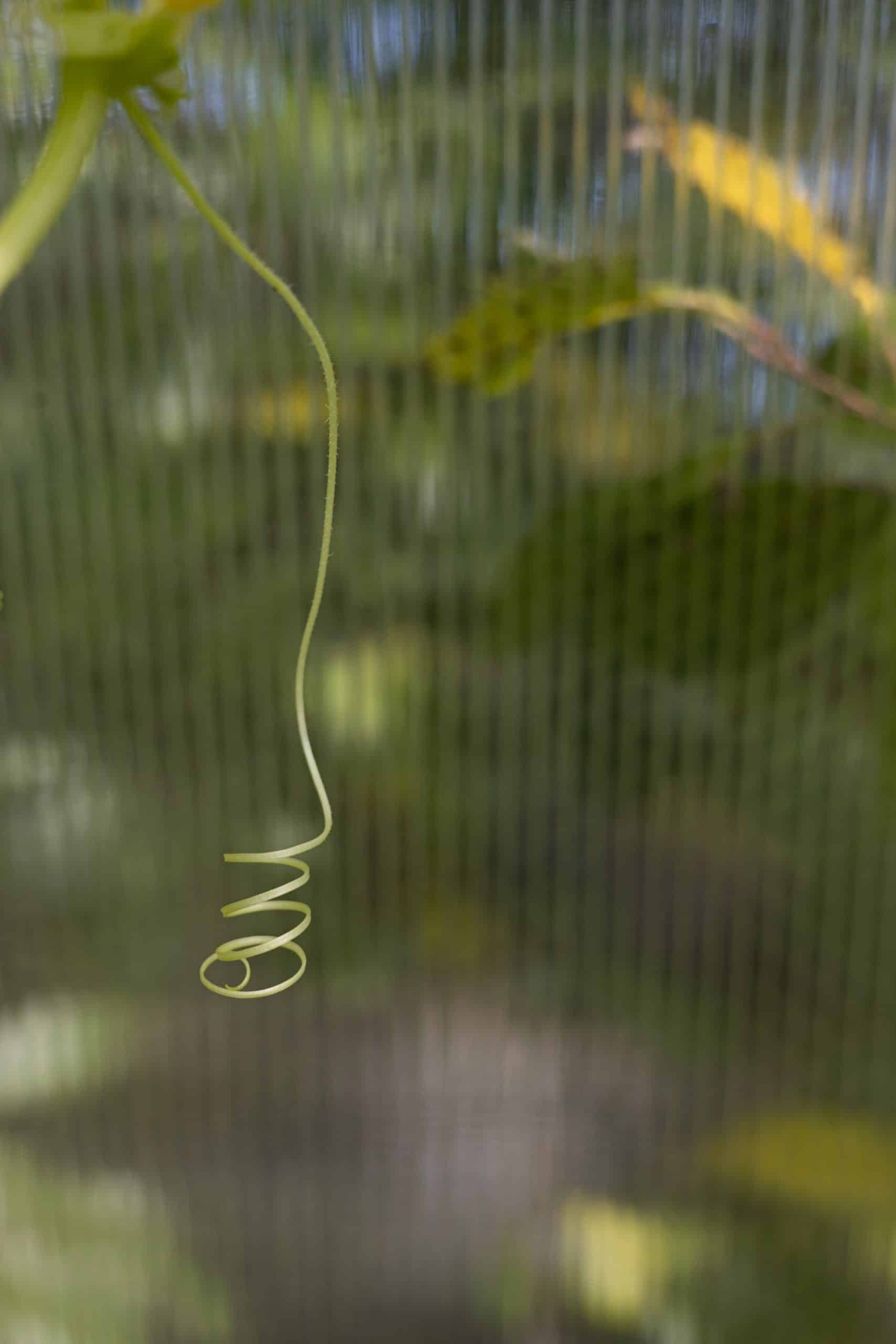As a cat owner, it’s critical to understand the health challenges that your feline friend can encounter. Among the various health issues that can affect cats, one of the most serious is the Feline Leukemia Virus (FeLV). This infection can compromise your cat’s immune system, making them susceptible to a range of illnesses. However, with proper care and adjustments to their surroundings, you can help your infected cat lead a comfortable and fulfilling life. This article will guide you on how to modify your home environment to accommodate a cat with FeLV.
Understanding Feline Leukemia Virus (FeLV)
Before we delve into the modifications that can help your cat, let’s first understand what FeLV is. The Feline Leukemia Virus is a retrovirus that affects cats worldwide. It’s a severe disease that attacks the cat’s immune system, making them susceptible to other infections and illnesses. Often, a simple blood test will confirm if your cat is FeLV-positive.
A lire en complément : How to Correct Excessive Barking in Dogs Brought on by Doorbells or Visitors?
An infected cat may exhibit a variety of symptoms, including loss of appetite, slow but progressive weight loss, poor coat condition, and anemia, among others. Unfortunately, there’s no cure for FeLV; it remains in the cat’s system for life. But with supportive care and preventive measures, infected cats can still enjoy a good quality of life.
Modifying Your Home for an FeLV-Positive Cat
When your cat is diagnosed with FeLV, one of the significant steps you can take is adjusting your home environment to cater to their needs. By providing a stress-free, clean, and comfortable environment, you can boost their immune system and enhance their wellbeing.
Lire également : What’s the Optimal Exercise Regimen for a Senior Boxer Dog with Early Heart Disease?
Creating a Safe and Stress-Free Environment
Minimizing stress levels for your cat is crucial in managing FeLV. High-stress situations can weaken your cat’s immune system, making them more vulnerable to secondary infections. Create a quiet, calm environment in your home. Noise and high foot traffic can cause anxiety to your cat. So, it’s a good idea to designate a quiet, comfortable room for your feline friend where they can retreat to when they need some peace.
Cat-friendly furniture such as cat trees, comfortable beds, and scratching posts can provide your cat with places to relax and play. Interactive toys can also help distract them from any discomfort while offering much-needed play and exercise.
Ensuring Optimal Cleanliness
FeLV-infected cats are more susceptible to other infections, so maintaining cleanliness is paramount. Regularly clean and disinfect all areas that your cat frequents. This includes their bedding, litter boxes, food and water bowls, and toys. Use a cat-friendly disinfectant to prevent any adverse reactions.
Regular grooming of your FeLV-infected cat is also essential. Brush their coat regularly to keep it clean and reduce the likelihood of skin infections. Consider taking your cat to a professional groomer for a thorough, gentle cleaning.
Separation from Other Cats
If you have multiple cats, it’s advisable to separate your FeLV-infected cat from the rest. FeLV is highly contagious and can spread through saliva, blood, and close contact between cats. This disease can also pass from a mother cat to her kittens. A separate area for your FeLV-positive cat can prevent the spread of the virus to other cats.
Regular Vet Check-ups and Vaccinations
Regular veterinary care is crucial for a cat with FeLV. Regular check-ups will allow your vet to monitor your cat’s health and detect any secondary infections early. Your vet can also guide you on any additional modifications you might need to make in your home to improve your cat’s quality of life.
Vaccinations are another crucial aspect of your cat’s healthcare. Even though your cat might already have FeLV, regular vaccinations can protect them against other diseases that their weakened immune system may not be able to fight off.
Nutritious Diet and Hydration
Providing your FeLV-infected cat with a balanced, nutritious diet is vital in sustaining their health and supporting their immune system. Your vet can recommend specific diets that cater to their needs. Fresh, clean water should always be available. Hydration is especially important for cats with FeLV as they are more prone to dehydration. A cat fountain can encourage your cat to drink more water, keeping them well-hydrated.
Remember, FeLV is not a death sentence for your cat. With proper care, modifications in your home, and regular veterinary check-ups, your cat can lead a comfortable and fulfilling life. While the journey may seem challenging, the companionship and joy that your feline friend brings are worth every effort.
Providing Emotional Support and Enrichment
Emotional support is a key element to consider when caring for a cat with FeLV. Cats with this virus often experience bouts of discomfort and might feel anxious or upset. Offering emotional support and creating a nurturing environment can significantly enhance your cat’s well-being.
Engage with your cat in gentle play and offer plenty of cuddles and petting sessions. Just like humans, cats can benefit immensely from the comforting touch of their loved ones. You can also use soothing cat pheromones, available in various forms like sprays and diffusers, to keep your cat calm.
Additionally, enrichment activities can keep your cat mentally stimulated and reduce stress. A bored cat can become stressed, especially if they’re also dealing with the discomfort of FeLV. Provide a variety of toys and change them periodically to keep your cat’s interest. Puzzle feeders, for instance, can stimulate your cat’s mind and make meal times more exciting.
Another form of enrichment is ensuring your cat can explore different textures and platforms within their safe space. A soft blanket, a warm heated pad, or a cool mat can offer varied surfaces for your cat. Cat trees with different levels and hiding spots can also provide ample opportunity for exploration and comfort.
Coping with Advanced Stages of FeLV
As your cat’s FeLV infection progresses, they may show more severe clinical signs that require additional modifications to your home and care strategy. During this phase, your cat’s immune system is likely to be severely weakened, making them susceptible to secondary infections and complications such as anemia and bone marrow disorders.
During advanced stages, maintaining your cat’s comfort is paramount. They may require additional heating during colder months, so consider heated beds or warm blankets.
Your cat may also experience decreased mobility during advanced stages of FeLV. Accommodate for this by ensuring that all necessities, such as litter boxes, food, and water, are easily accessible.
The specialized diet may need to be adjusted as your cat may lose appetite or face difficulty in chewing or swallowing. Your vet might suggest a diet with high palatability or even recommend a liquid diet in some cases.
Conclusion
A diagnosis of Feline Leukemia Virus can be daunting, but with the right approach and modifications, you can provide your FeLV-positive cat with a loving, comfortable home. From creating a stress-free environment to ensuring optimal cleanliness, separate spaces, regular vet check-ups, vaccinations, nutrition, emotional support and addressing the needs of advanced-stage FeLV, every effort you make contributes to enhancing your cat’s quality of life.
Though the journey with an FeLV-infected cat can be challenging, your dedication and love can make a significant difference in comforting and extending your beloved feline’s life. It’s a testament to the unwavering bond and unconditional love shared between cat parents and their ailing feline friends. As you navigate through this journey, remember the joy and companionship your cat brings into your life is a treasure beyond measure.











